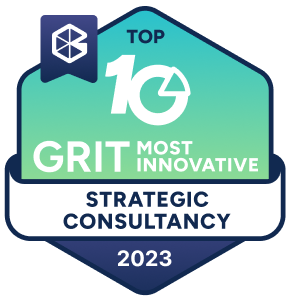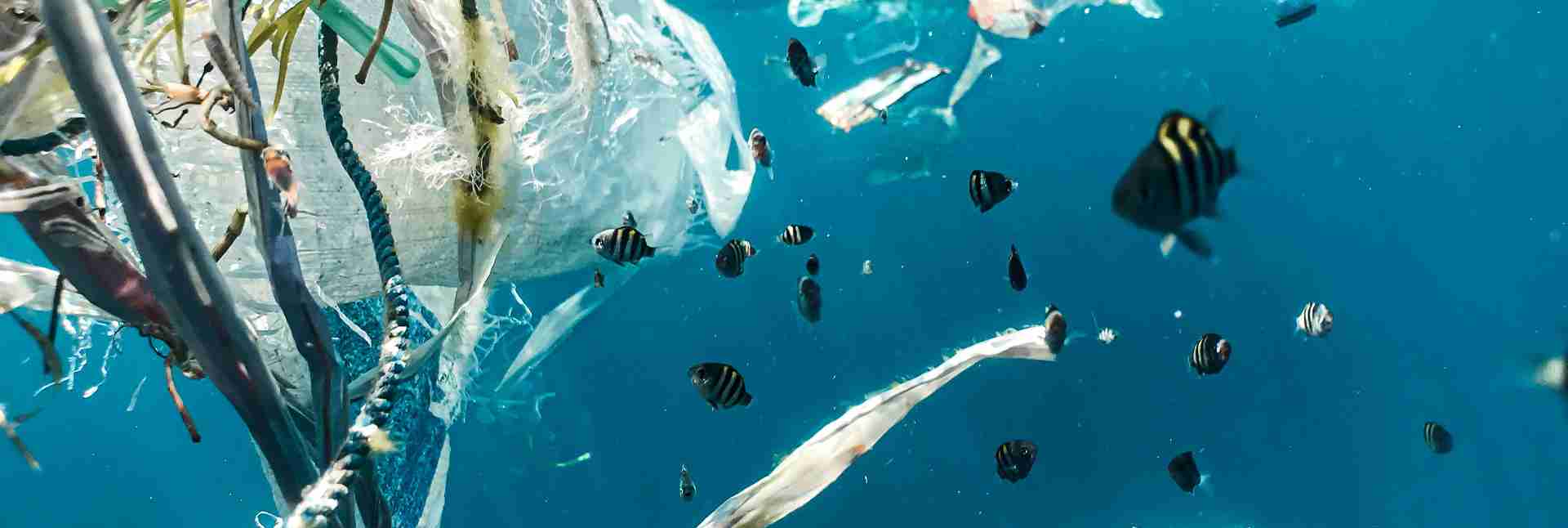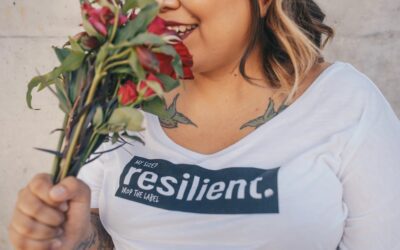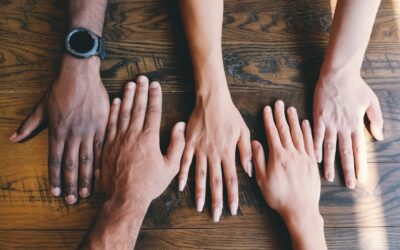Plastic pollution in Indonesia is at serious epidemic levels. Of the approximately 2.4 million tons of plastic waste that makes its way into the oceans each year, Indonesia is said to contribute 200,000 tons of this from its rivers and streams. The plastic pollution from Indonesia is so high, it is second only to China who is the world’s largest contributor.
Plastic production in Indonesia is cheap and plastic is everywhere. From plastic bags and bottles, to tables and chairs – the ubiquity of plastic and the lack of awareness of the damage caused by plastic waste to the environment has put Indonesia in this predicament. Despite Indonesia owning about 6 percent of the world’s fresh water supply its public water is contaminated with many harmful bacteria which has meant that their water supply has become undrinkable. Adding to this the fact that 80 percent of Indonesia have no access to water from pipes means that they rely on rivers for drinking, washing, cooking and cleaning. Four of Indonesia’s rivers, Brantas, Solo, Serayu and Progo, rank among the top 20 most polluted rivers in the world.
Talk to fix the plastic pollution situation at the political level remains relatively weak compared to the enormity of the task and waste management strategies are relatively absent. Waste management does not seem to be one of the government’s main priorities. The country faces a double burden. Unlike many western countries that developed throughout the 20th century, achieving social progress during the era of industrialisation and can now focus on the environmental consequences, Indonesia is still in a state of fragile transition to democracy. It has meant that political priorities have been largely directed towards social, health and educational issues despite the fact that the country is also facing huge environmental issues as well.
In recent times there was a sudden shift in Indonesia from biodegradable packaging made from banana leaves to plastic containers and single use plastic. Combined with a population boom and the explosive spread of plastic containers and wrappers the result has been that local authorities trying to collect the rubbish have not been able to keep up with the sprawling levels of waste generated. Coupled with a longstanding culture of not disposing of rubbish properly, tossing it into ditches and streams, has meant that a massive shift in public opinion and behaviour is required to convince people to clean up and fix the pollution problem.
A fringe of the population in Jakarta, Bali and Lombok have started to organise ways in which to tackle the plastic problem. To encourage recycling, some local authorities are supporting initiatives where residents can bring old plastic items in for exchange of small amounts of money. In Jakarta, you can see people sorting and collecting plastic and encouraging composts to support local farmers. Some local governments are encouraging the population to recognise the value of plastic to improve the public’s attitude to waste and help curb people’s behaviour of throwing their rubbish into the street or waterways.
All over the country you can find NGOs, local businesses and restaurants who have decided to combat plastic. Many now offer a ‘no plastic’ experience and support local anti-plastic projects such as Komunal 88 restaurant in South Jakarta. Others, like Oooms have created a range of products called Ffrash which are handcrafted products created by former street children from plastic waste; such as stools, jewellery, lamps, vases and home accessories. Organisations like OcLean Indonesia have organised weekends away to Javanese islands to raise awareness of plastic waste in fun and adventurous ways where they combine beach cleaning with parties.
Such initiatives have had a positive response amongst the population and some brands are now acknowledged for their involvement in tackling waste management. One example is the mineral water brand Ades (from the Coca-Cola Company) which is one of the first beverage brands to create awareness about minimising trash; the bottle contains 19% less plastic than a regular plastic bottle and when disposed of correctly can take up less space.
Awareness of the harm done by plastic waste is at an early stage of evolution in Indonesia’s environmental consciousness. Often, if Indonesian consumers don’t see an immediate benefit for them while making a brand choice, there is a risk for those brands who wish to become environmentally friendly to convey the wrong message to consumers. For example, if an RTD bottle has fewer plastic attributes it could lower the brand’s value perception and cue concerns over quality.
One learning for all brands who wish to take the lead in fighting plastic waste in Indonesia is to first consider how to disrupt their category by using the environmentally friendly argument as an immediate benefit for consumers, for example to cue quality. Secondly, they would need to build environmental consciousness as a supportive value. Only then, the brand could evolve by transforming these values into the DNA of the brand.
In order to find sustainable solutions to eradicate or recycle plastic, responsibility must be shared by multinationals, local companies and government organisations. Together they need to work to find a solution that supports environmental education and awareness, more sustainable product options and help consumers to make better brand choices and feel good about it.






